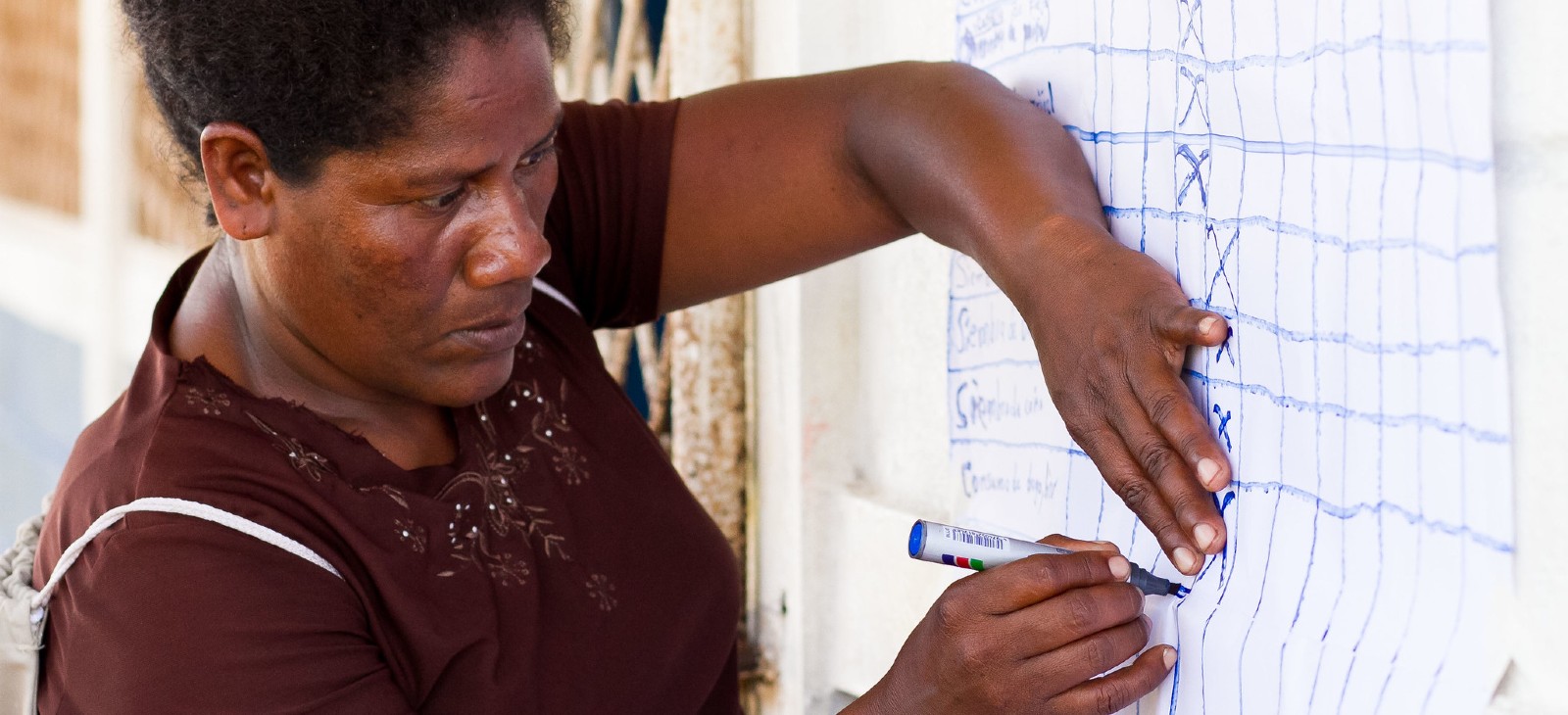How Can We Be Better Prepared for the Next Public Health Crisis?
ISGlobal publishes a paper analysing lessons learned from the COVID-19 pandemic in anticipation of a future health crisis
17.12.2021
The COVID-19 pandemic collided with a world that was ill-prepared to cope with it, despite decades of calls from numerous institutions to invest in health crisis preparedness and warnings of the threat posed by new infectious diseases. It is now clear that we need to improve plans for future public health and environmental crises. We also need to strengthen global, regional and local capabilities—at the city and city network level—to ensure that responses will be effective.
With these aims in mind, the Barcelona Institute for Global Health (ISGlobal) has coined the term PR3 (preparedness, response, recovery and resilience) to explain all of the elements that must be considered in dealing with this challenge. This concept is developed in a new policy paper that also summarises nine lessons learned from the COVID-19 pandemic. Not all of these lessons are negative. Successes include the rapid mobilisation of the scientific community, which led to novel scientific research and innovations in areas such as wastewater surveillance, diagnostics, treatments and vaccines. These efforts have been underpinned by epidemiological intelligence, which relies on routinely collected data on health, protection measures, environmental exposures and policies.
Gaps Identified
The paper also analyses various gaps that have been identified. These was a lack of early-warning systems and real-time surveillance that could have prompted a quicker response to contain the pathogen. Moreover, the widespread availability of unvetted information and the questionable use of social media created an additional challenge that, coupled with conflicting guidelines and recommendations, generated mistrust in large segments of the population and hampered the implementation of response measures. There is a need to incorporate risk communication and social behaviour experts and to fully engage all relevant stakeholders in developing communication strategies and messages for the public.
Moreover, from the mental health and socioeconomic perspectives, the response to COVID-19 has had a major impact that, unfortunately, has been especially pronounced in vulnerable segments of the population and in the poorest countries. Fighting inequalities and addressing the well-being of the population should be a priority in future preparedness and response plans. These gaps are not unique to the field of epidemiology. They have also been seen in responses to nuclear accidents, which have generated similar lessons and recommendations.
Coordination Is Essential
As for governance, various roadblocks have prevented proper response coordination, with fragmentation and inequalities at the global, regional and local levels. To improve coordination, a number of actions have been taken or are in the process of being implemented or developed. These include the World Health Organisation’s new Hub for Pandemic and Epidemic Intelligence, the new European Health Emergency Preparedness and Response Authority (HERA) and ongoing discussions for a new treaty on pandemics. While this institutional development exercise is welcome, its outcomes remain unclear.
The pandemic has taught us that coordination is essential, from the local to the global level. With the analysis and recommendations set out in the new policy paper, ISGlobal aims to help in developing a comprehensive approach to preparedness, calling for scientific coordination and peacetime investments that allow the development of novel strategies and the application of approaches based on the best available evidence to respond effectively to future crises.
The paper is part of the #ISGlobal_policy series and was written by Elizabeth Diago-Navarro, Oriana Ramírez, Marta Rodó, Gonzalo Fanjul and Elisabeth Cardis. Together with other ISGlobal researchers and analysts, this group is developing a series of activities on the topic of PR3 that will include a high-level scientific and policy seminar in early 2022 as well as participation in consultation and public debate processes and regular publications on the subject.



